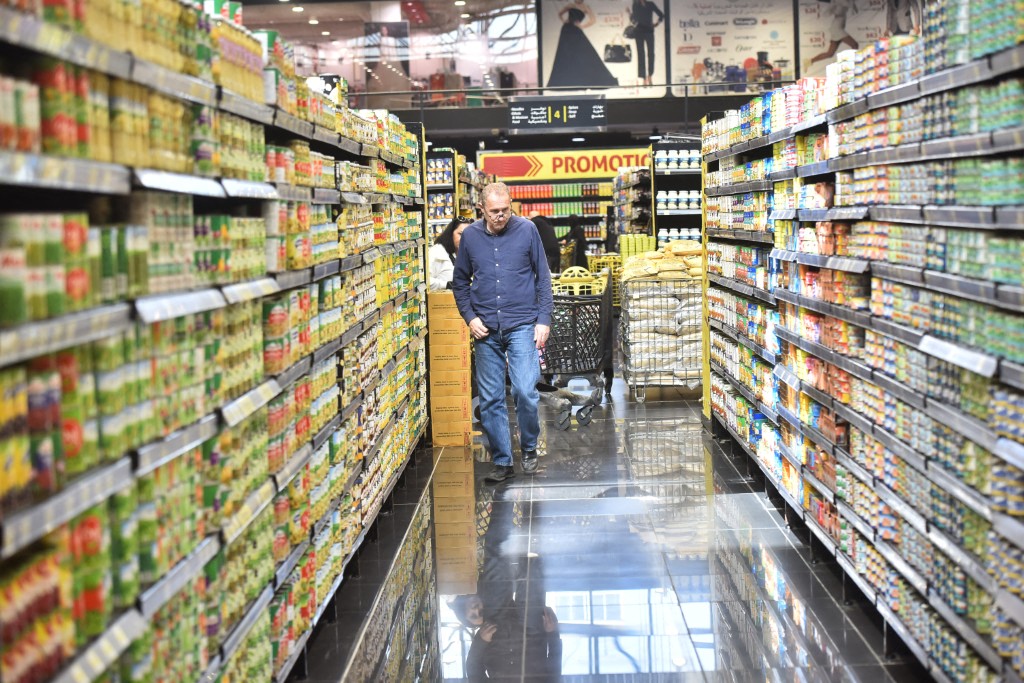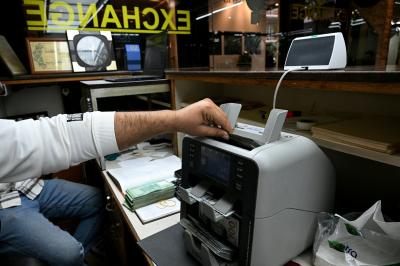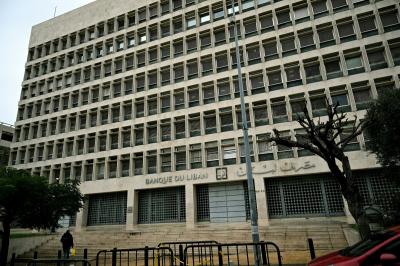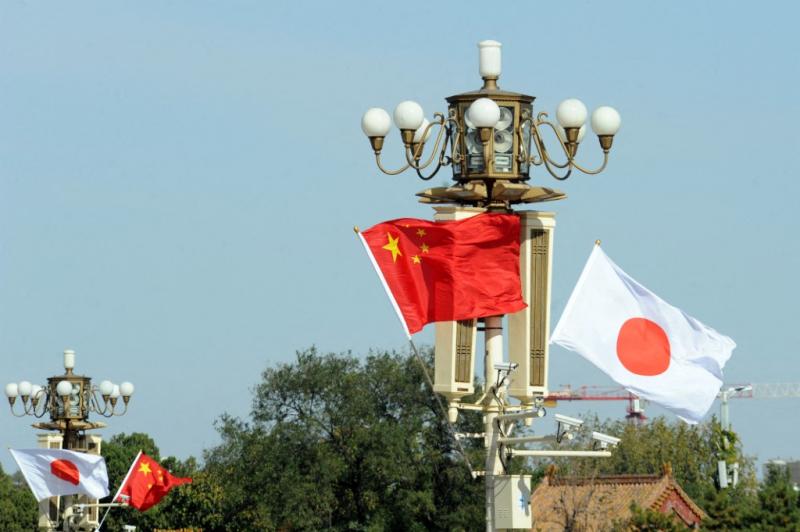Two parallel scenes define Lebanon’s economic landscape under the mandate of President Joseph Aoun. The first one is a flurry of ministerial activity, including surprise inspections at bottlenecked institutions, high-profile conferences, and a series of shuttle meetings with international donors, chief among them the International Monetary Fund and the World Bank. The goal is to turn promises into action, implement the long-awaited reforms, and attract tourists and investors.
The second scene, however, paints a less optimistic picture. Lingering crises inherited from the previous administration remain unresolved. Tensions are rising in the banking sector, now split between two opposing camps. Bureaucratic paralysis persists in land registry and vehicle registration offices. Meanwhile, the cost of living continues to climb.
Anyone who believed that Lebanon’s economic woes would end with the return of political and constitutional order was sorely mistaken. Stability is only the starting point—not the endpoint—of reform. But while ministers focus on the big picture, they risk overlooking daily struggles that can no longer wait. The creeping suspicion that issues are being deliberately stalled has once again taken root among citizens, public servants, investors, and depositors alike.
Public sector civil servants raise the voice
The public sector’s Union returned to the streets with a sit-in outside the Grand Serail, joined by the General Confederation of Lebanese Workers and the Retired Public Employees Coordination Council. “We’re not asking for the impossible—just the basics: a decent living, fair wages, and a respectful work environment,” said union member Ibrahim Nahal. Despite receiving thirteen months’ pay plus productivity bonuses, employees still earn around 60% less than they did before the collapse—and these supplements don’t count toward their base salary. This means future pensions will barely hit $1,000, even after decades of service.
“We demand the removal of unfair clause of ‘performance conditions,’ the inclusion of all bonuses in the base salary, a progressive wage scale, improved social benefits, renovated workspaces, and adequate transportation provisions,” added Nahal. “Otherwise, we’ll escalate—from sit-ins to broader actions—until social justice is achieved.”
Forgotten Contract Workers
While the rights of tenured employees remain largely unchanged, those of contract teachers have been eroded. Despite making up more than 80% of Lebanon’s public-school teaching force, contract teachers have seen their benefits stripped. Until February, both permanent and contract teachers received a $375 monthly bonus from international donors via OMT money transfer centers. But shortly after assuming office, the new government, prompted by Education Minister Rima Karami, reintegrated those bonuses into the permanent staff’s salaries (paid in lira), aligning them with other public employees.
Karami promised to raise the contract teachers’ hourly wage to $8 in lira as compensation. However, since February, contract teachers have not received a single payment—neither the base pay nor the promised bonuses.
“We were shocked when the minister denied her promise,” said Nesrine Chahine, head of the Active Committee for Contract Teachers. After months of protests, the Cabinet discussed teachers’ demands during its May 2 session—outside the official agenda—and Karami pledged to submit a full report to the government.
With 14,000 teachers in the basic education sector alone, contract workers are demanding either the return of monthly bonuses year-round or an increase in the hourly rate to $10 in exchange for suspending bonuses during summer break. “If we aren’t granted justice, we’ll launch an open-ended sit-in in downtown Beirut at the gates of the Grand Serail by mid-month,” Chahine warned.
Retirees Struggling
Retired civil servants are not faring any better. Despite the severe devaluation of their severance packages, they are still required to pay 9% of the minimum wage, or LBP 1,620,000 per month, for mandatory National Social Security contributions, even if they are covered by other private or public plans. These out-of-pocket costs now outweigh the meager compensation they receive.
Soaring Prices and Stagnant Wages
In the private sector, the situation remains grim. Consumer prices have risen by 13% since the start of 2025, and by 2,600% since 2019—yet the minimum wage, stripped of cost-of-living adjustments, remains frozen at Cabinet level. Labor representatives have withdrawn from the Minimum Wage Committee in protest of proposals to raise it from just $200 to around $312.
Depositors, still receiving crumbs of their original savings, are caught in limbo as banking sector restructuring drags on. The issue isn’t just legislative delays—it’s also the widening rift between elite banks that refuse to raise capital, relinquish past gains, or part with any assets, and those ready to recapitalize and resume normal operations.
Sources estimate that Lebanon’s banking sector holds over $20 billion, including $8.5 billion in central bank reserves, $2 billion in Eurobond returns after public debt restructuring, $5 billion in capital, $2.5 billion in net foreign assets, over $2 billion in real estate, and up to $2 billion in foreign bank assets. The sector could rebound quickly and start unlocking depositors’ funds—if confidence in the system is restored.
According to Banque du Liban Governor Karim Souaid, the government’s approach should focus on avoiding bank bankruptcies, eliminating preferential treatment, and recognizing bank deposits at the central bank as legitimate assets, outside of any eventual agreement with the IMF.
Lebanon Missing from Regional Equations
Amid sweeping regional transformations, Lebanon remains conspicuously absent from broader economic alliances. Instead, it is trapped in the narrow interests of a privileged few. The ongoing uproar over the fuel tax hike is a stark example—its flames have yet to be extinguished.
Please post your comments on:
[email protected]
 Politics
Politics













